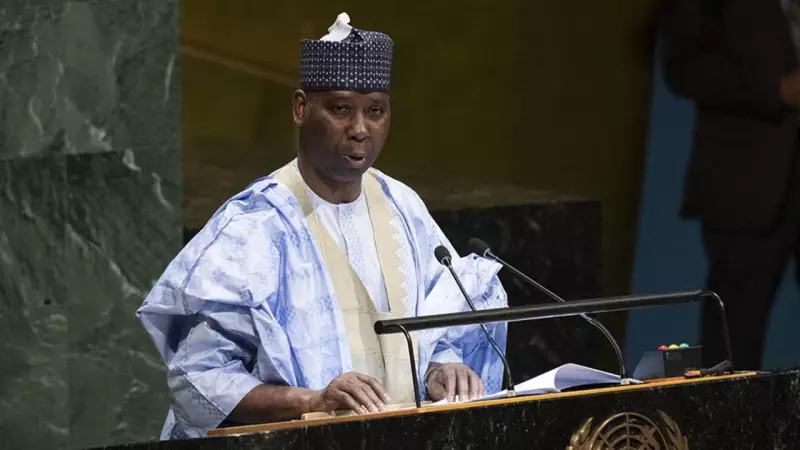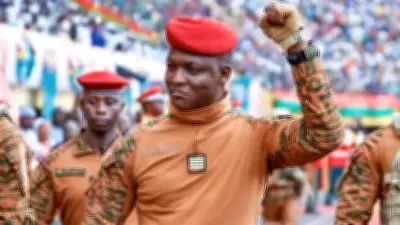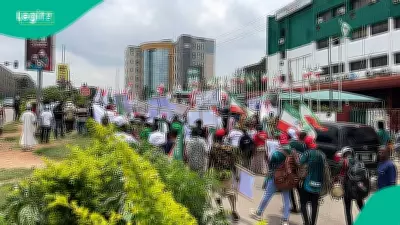
In a startling development that has sent shockwaves through international diplomatic circles, senior diplomats have issued a stark ultimatum to the United Nations: reform dramatically or face the grim prospect of becoming irrelevant in today's rapidly evolving global landscape.
The Growing Crisis of Confidence
Multiple ambassadors from influential nations have expressed deep concerns about the UN's diminishing capacity to effectively address pressing international crises. The organization, once hailed as the cornerstone of global governance, now finds itself at a critical crossroads where its very purpose and effectiveness are being questioned by those who know it best.
Security Council Stalemate
At the heart of the reform demands lies the urgent need to overhaul the UN Security Council structure. The current configuration, established in the aftermath of World War II, increasingly appears outdated and ill-equipped to handle contemporary geopolitical challenges. The persistent deadlock and veto powers exercised by permanent members have repeatedly paralyzed the organization's ability to respond decisively to international conflicts and humanitarian emergencies.
Key Areas Demanding Immediate Attention
- Structural Modernization: Updating the Security Council composition to better reflect 21st-century power dynamics
- Decision-making Reform: Addressing the crippling effect of veto powers on critical interventions
- Operational Efficiency: Streamlining bureaucratic processes that hinder rapid response capabilities
- Financial Sustainability: Ensuring stable funding mechanisms for peacekeeping and humanitarian missions
The Stakes Have Never Been Higher
Diplomatic sources indicate that the warning comes amid growing frustration with the UN's handling of multiple simultaneous crises. From protracted conflicts to climate emergencies and pandemic response coordination, the organization's limitations are becoming increasingly apparent to member states and global citizens alike.
A Race Against Time
The call for reform isn't merely about improving efficiency—it's about ensuring the UN's survival as a relevant global institution. As emerging powers rise and new international alliances form, the pressure mounts for the United Nations to adapt or risk being sidelined in crucial global decision-making processes.
The diplomatic community now watches with bated breath as UN leadership contemplates these urgent calls for transformation. The coming months may well determine whether the organization can reinvent itself for contemporary challenges or gradually fade into diplomatic obscurity.





